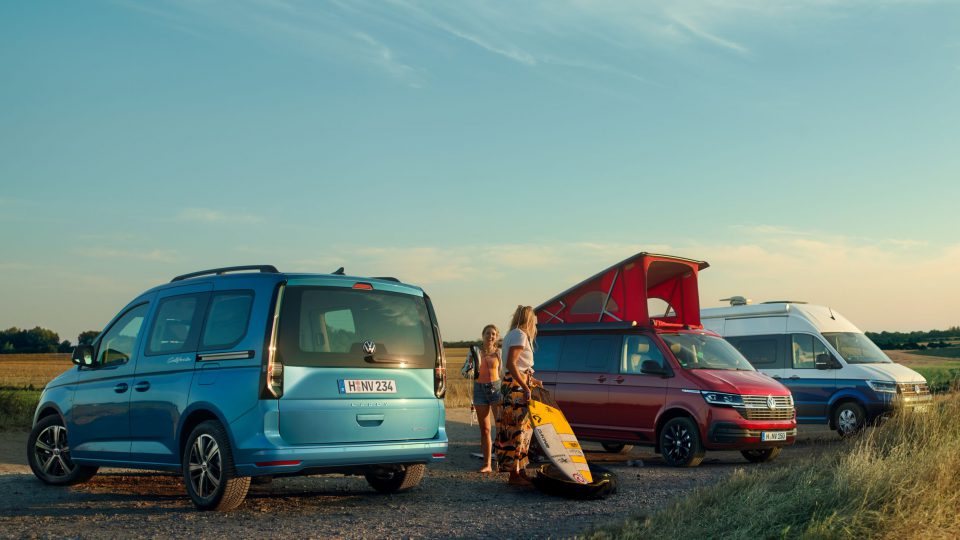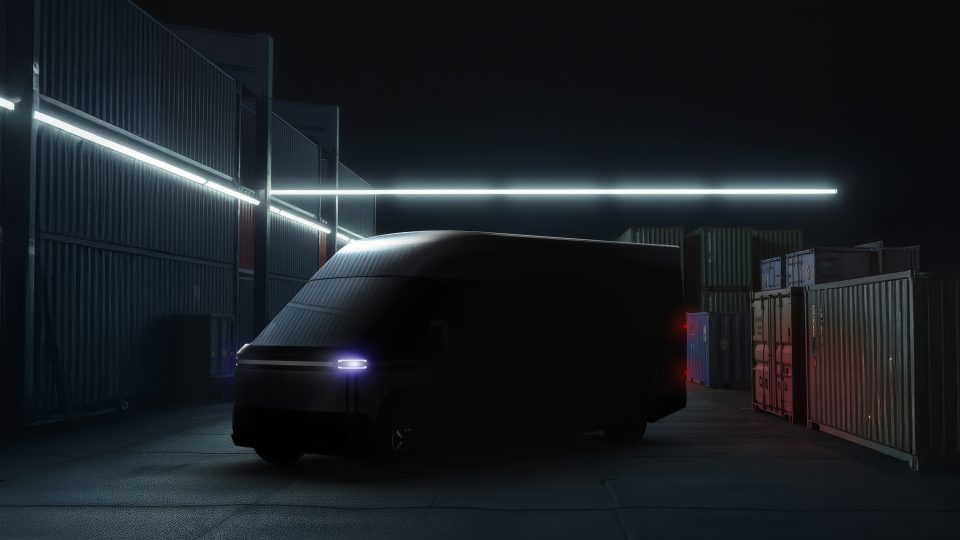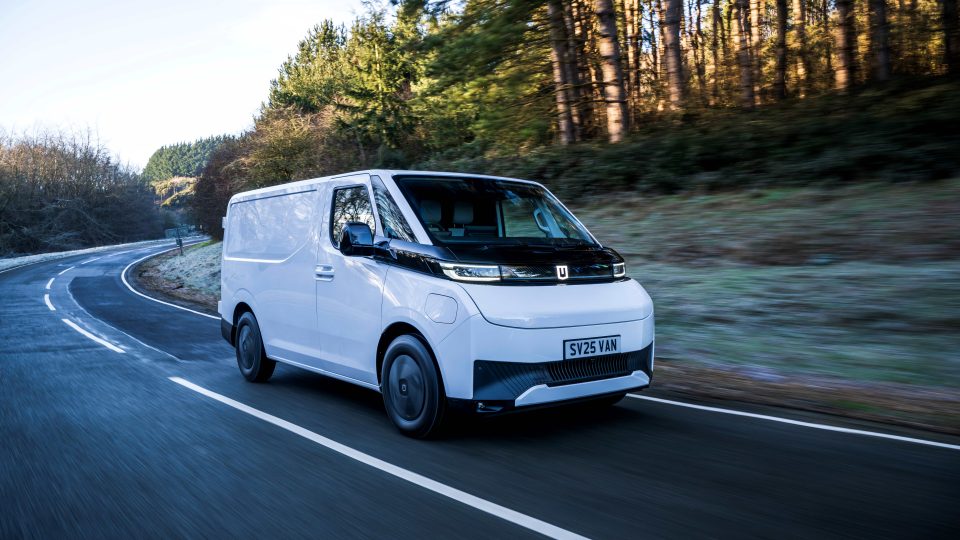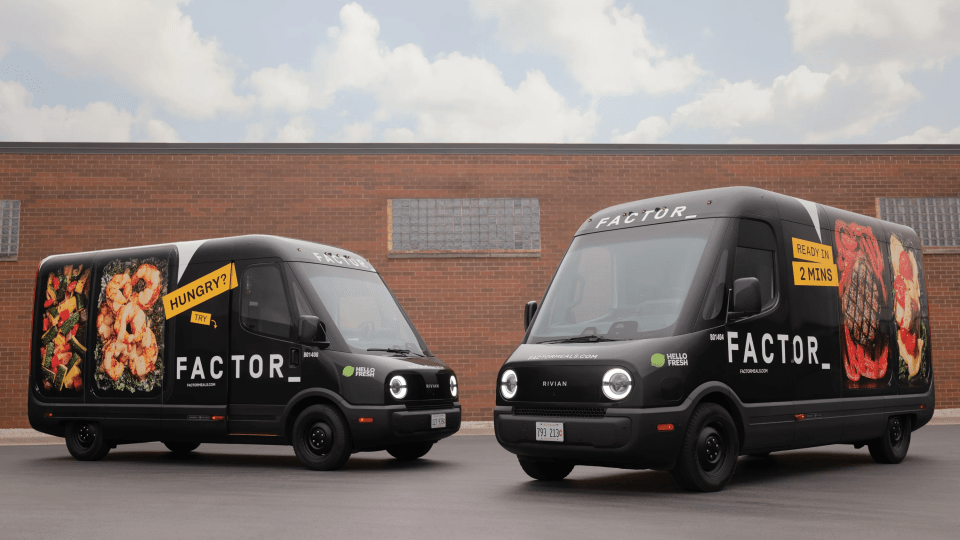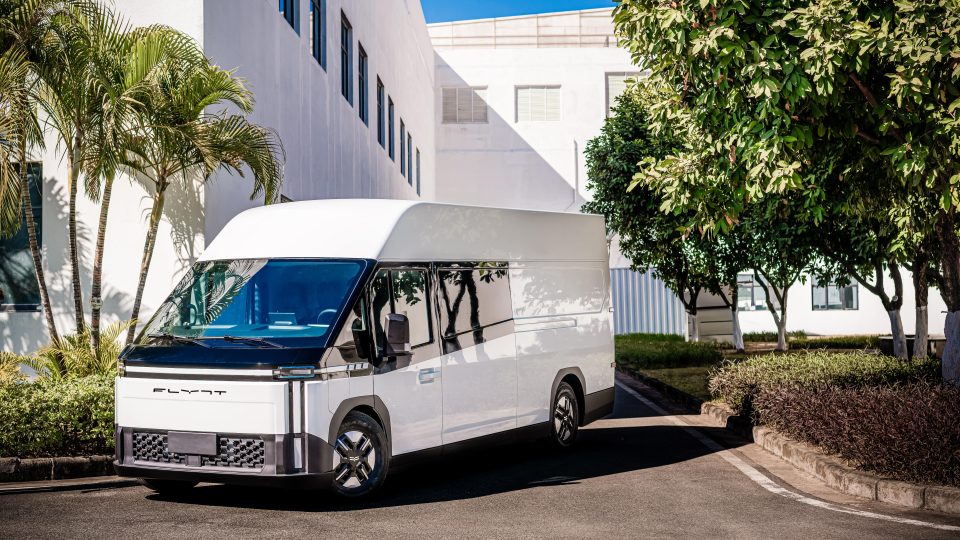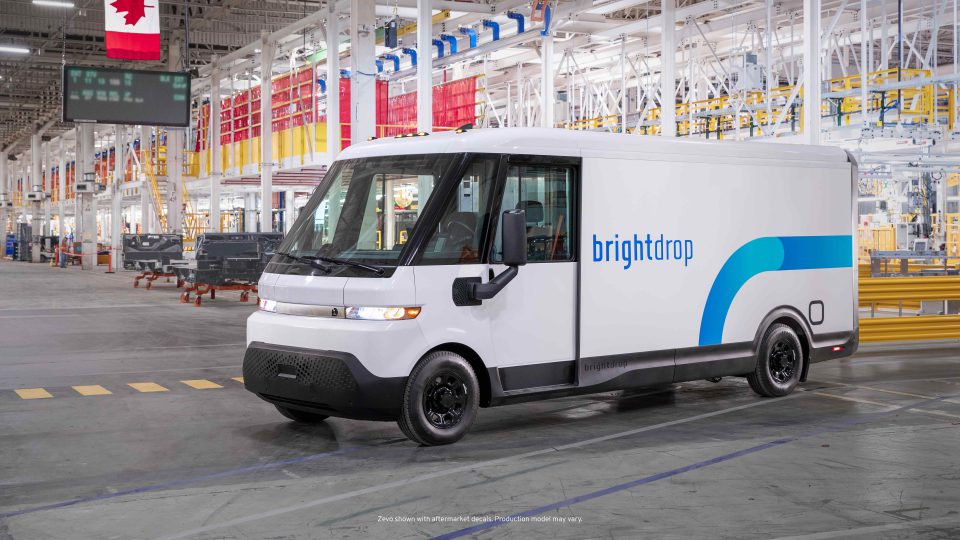Volkswagen launches the ID. Buzz: «A genuine icon for the electric era»
Production of the ID. Buzz is set to start by the first half of this year. with market launch scheduled in Autumn 2022 in Europe. However, pre-orders will be available already in May.
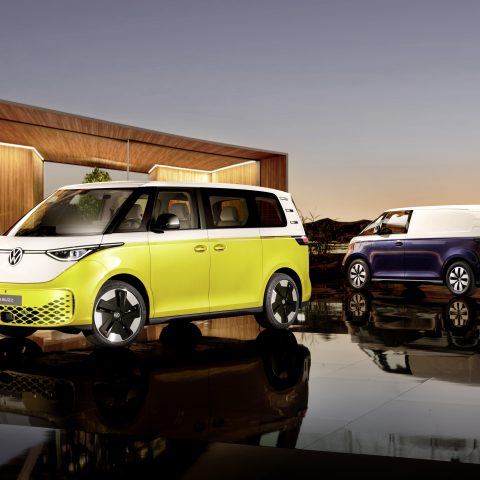
On March 9, Volkswagen launched the electric version of the ID. Buzz, in both 5-seater and Cargo van options. As anticipated in this post we published not long ago, production of the ID. Buzz is set to start by the first half of this year. with market launch scheduled in Autumn 2022 in Europe. However, pre-orders will be available already in May.
Volkswagen ID. Buzz, the powertrain: 150 kW electric motor
As specified during the presentation, the ID. Buzz and ID. Buzz Cargo are launching across Europe with a 77 kWh battery (gross energy content: 82 kWh). It provides current to a 150 kW electric motor, which – as the flat engine once did in the T1 – drives the rear axle. The position of the battery, integrated deep down in the sandwich floor, and the lightweight electric drive system result in a good distribution of weight and a low vehicle centre of gravity. Both factors optimise the handling and agility.
The ID. Buzz picks up on this lifestyle and transfers it into our time: emission-free, sustainable, fully networked and now ready for the next big chapter: autonomous driving. With this car, we are bringing together the core themes of our ACCELERATE strategy in one product for the first time
Ralf Brandstätter, Chairman of the Board of Management of Volkswagen Passenger Cars
The lithium ion battery can be charged from wall boxes or public charging stations using 11 kW alternating current (AC). Via a CCS plug connector at a DC rapid-charging station (direct current) the charging power increases to as much as 170 kW. When charged in this way, the battery charge level rises from 5 to 80% in about 30 minutes. Using the latest ID. software, the model line will also offer the ‘Plug & Charge’ function in the future. Via this function, the ID. Buzz authenticates itself at compatible DC rapid-charging stations via the charging connector using the ISO 15118 standard.
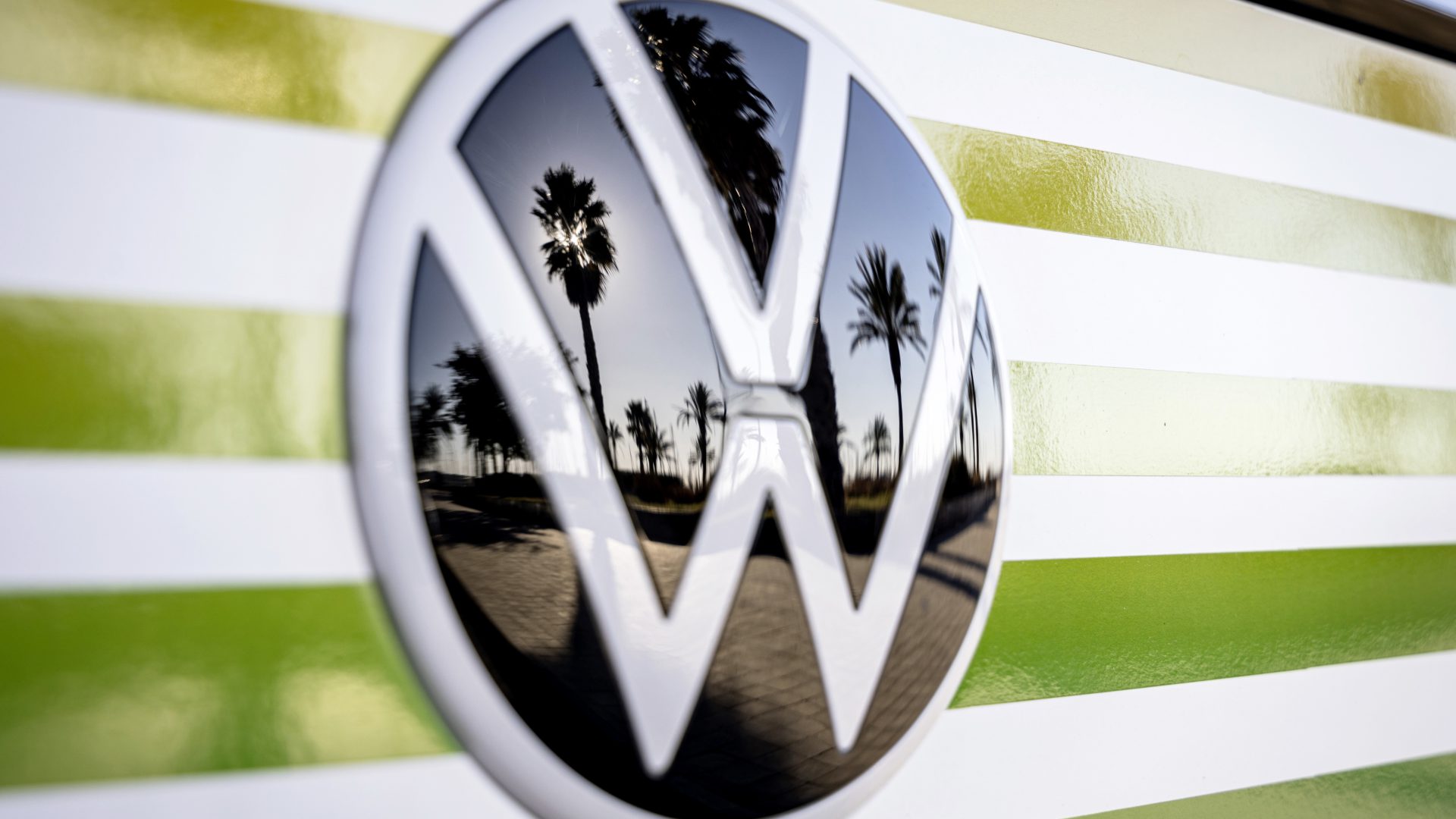
In-house made key components
The ID. Buzz model line is being produced by Volkswagen Commercial Vehicles at its main plant in Hannover. The majority of the electric drive system modules being supplied to the plant for this purpose will also be made in Germany to the highest quality standards – in this case by the Group’s own Volkswagen Group Components division. Since 2022, the Hannover plant has been one of the Group’s high-tech locations for the production of all-electric vehicles.
Potrebbe interessarti
Volkswagen Commercial Vehicles, the first half of 2021 shows significant recovery with 87 million euro operating profit
As for the interior, two or three seats up front, as the customer desires, and a fixed partition separating off the 3.9 m3 cargo space are distinctive features of the ID. Buzz Cargo. The zero-emission cargo version can take two loaded euro pallets, loaded in transversely. «The T1 – an icon of the 1950s – enabled people to gain mobility and freedom. With the ID. Buzz, we are transferring this T1 DNA to the present day and thus into the era of electric mobility», said Jozef Kabaň, Head of Volkswagen Design. «The ID. Buzz brings a lot of sympathy and proximity to people back to the road,” the chief designer continues».
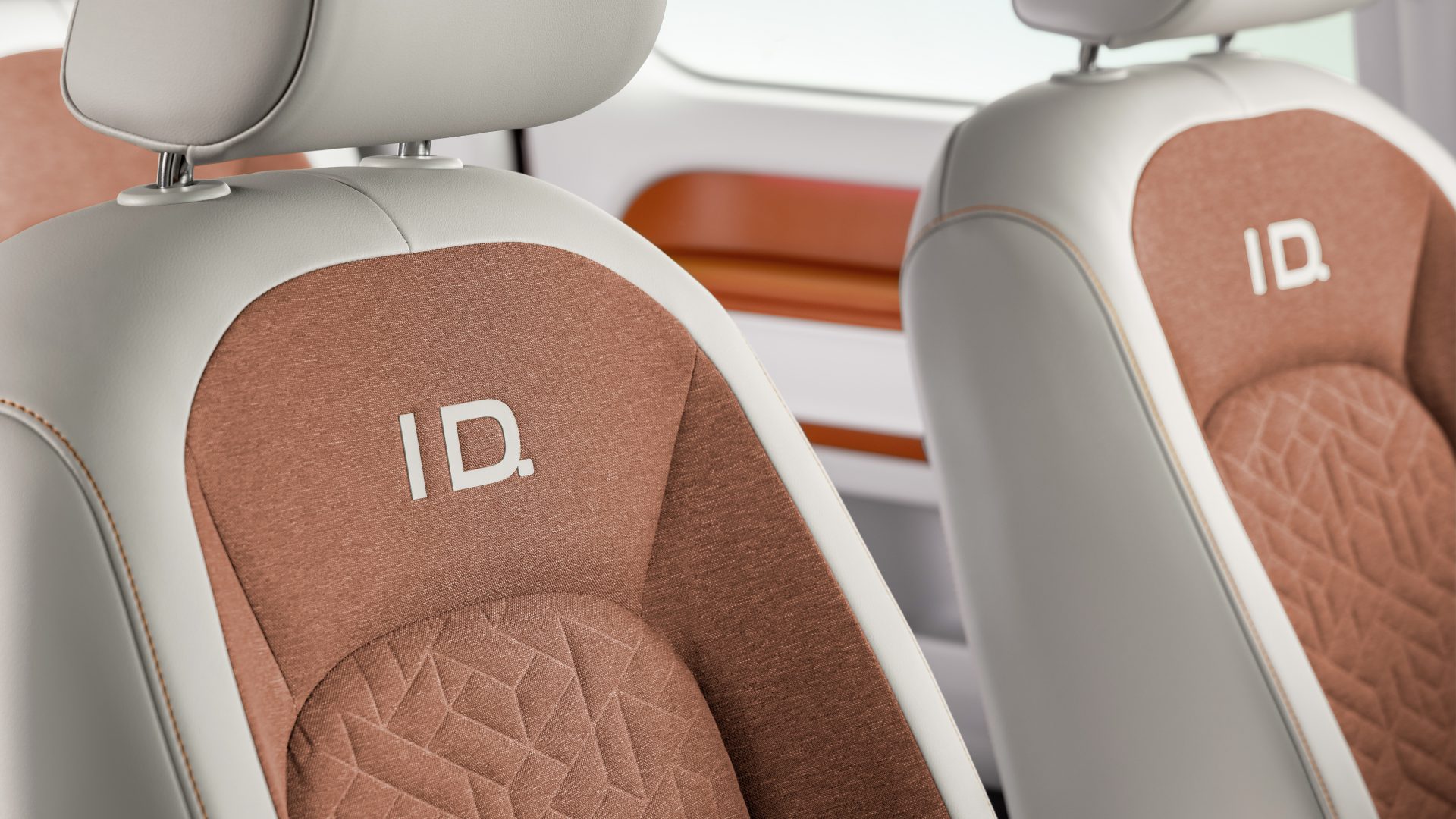
«A carbon-neutral footprint»
Carsten Intra, Chairman of the Board of Management of the Volkswagen Commercial Vehicles Brand, added: «Both versions of the ID. Buzz are pioneering in terms of their sustainability: their manufacture and shipping has a carbon-neutral footprint. We are also using recycled synthetic materials and the interior is completely free of any real leather. The ID. Buzz will also be used for future autonomous mobility concepts such as ridepooling – an e-shuttle service of Group subsidiary MOIA that can be booked via an app. The electric Bulli is thus also a part of the future of inner-city transport».



